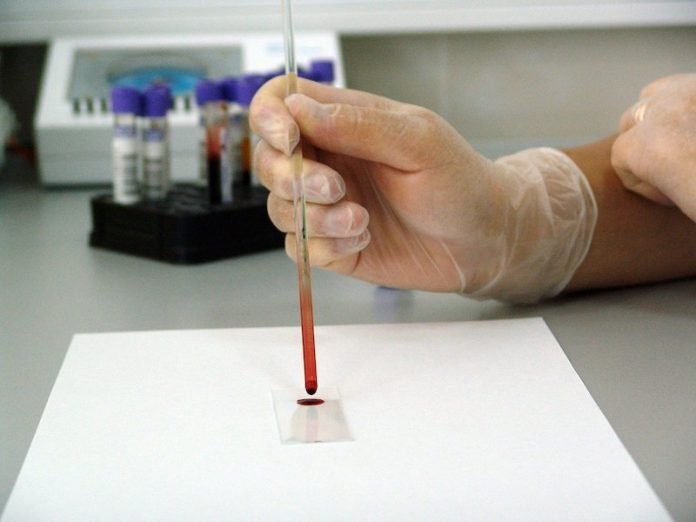
Most people with COVID-19 develop mild to moderate symptoms and recover without needing hospital treatment.
In severe cases, however, COVID-19 can lead to respiratory failure or even death. It is not yet known why the severity of the disease varies so much between patients.
In a recent study at Karolinska Institutet in Sweden, researchers found that patients with severe COVID-19 have much higher levels of a certain type of immune cells in their blood, called myeloid-derived suppressor cells.
The study is published in the Journal of Clinical Investigation. One author is Anna Smed Sörensen.
In the study, the team examined one type of immune cell, monocytic myeloid-derived suppressor cells, or M-MDSC, and their potential role in COVID-19.
T cells are part of the immune system and play an important part in the body’s protection against viral infections such as COVID-19.
M-MDSCs have been shown to increase in other inflammatory conditions, and their suppressive effect on T cell activity has been established.
The role of M-MDSC in respiratory infections, however, is largely unknown.
Since low levels of T cells are a hallmark of COVID-19, it is of interest to understand the role of M-MDSCs in this disease.
The study tested of 147 patients with mild to fatal COVID-19 who were sampled repeatedly from blood and the respiratory tract.
These were then compared with patients with influenza and healthy people.
The team found that patients with severe COVID-19 have much higher levels of M-MDSCs in blood compared with milder cases and healthy people.
COVID-19 patients had fewer T cells in the blood than healthy subjects, and they showed signs of impaired function.
The analysis also showed that the levels of M-MDSCs early in the course of disease seemed to reflect subsequent disease severity.
The findings help increase the understanding of what causes severe COVID-19 and is an important piece of the puzzle in understanding the connection between the early, innate immune system and the later, adaptive immune system.
Copyright © 2021 Knowridge Science Report. All rights reserved.



